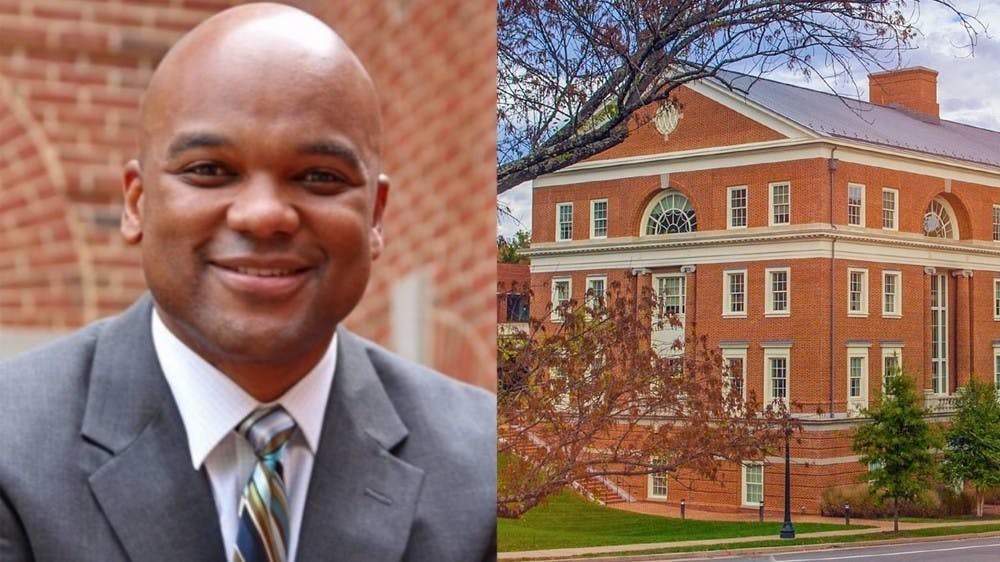Lea en español
Paul Harris, associate professor in the School of Education and Human Development, announced his decision to leave the University for Pennsylvania State University on Twitter in May. This news came almost a year after he was awarded tenure by the School of Education and Human Development following national outcry and accusations of bias during his tenure proceedings.
Harris’ process for tenure was lengthy and drawn out, beginning with an initial denial in January of 2020, which came as a surprise to Harris after years of positive reviews. As a result, Harris was offered a position as an associate professor despite being on the tenure track since 2014.
This prompted Harris to file an appeal that was denied almost two months later by Provost Liz Magill, who cited that there was insufficient evidence of procedural errors or bias.
However, Harris was confident that errors occurred in his review process, including the misinformation that his work was self-published in the Journal of African American Males in Education, when the journal is in fact peer-reviewed. Additionally, the amount of times his research has been cited was stated in the tenure denial letter as over 5.5 times lower than it actually was.
After 4,000 students, faculty, alumni and community members signed a petition in support of Harris, he was finally awarded tenure in July.
“What's really stuck out for me throughout this has been the overwhelming support and willingness to stay up and show up and speak out for justice,” Harris said in an interview with The Cavalier Daily. “It's encouraging and gives me hope about so many different causes that need advocacy right now.”
With this news, Harris was relieved that the tenure process was finally over.
“[My family and I] then began to reflect on the ways that it impacted us and the ways that we could move forward in the most healthy manner as a family,” Harris said.
Throughout this year, Harris has been open with the University about looking into jobs at other colleges, forming a plan with administrators on how to best support his success in the future.
Harris’ decision to ultimately leave comes from a place of doing what is best for his family while still being thankful for his time at the University.
“Now I look forward to building on the success of those who've gone before me at [Penn State] and helping to address the challenges at their institution,” Harris said.
In terms of paving the way for Black professors after him, Harris believes that only time will tell if his specific case had an impact. He also realizes that this is part of a much bigger conversation at the University that includes students of color as well. For the 2020 academic year, 110 faculty members were Black, making up just 3.7 percent of the total faculty.
While he is ultimately deciding to move on, Harris acknowledges the 10 years of dedication he has given to the University.
“I've always said that my role at the school of education was not just a job,” Harris said. “I cared about the students, my colleagues, and the community and wanted to give it the best that I had.”
Harris will teach graduate students in the counselor education program at Penn State and will also hold an affiliate appointment with the department of African American Studies and the Center for Educational Disparities.
Correction: A previous version of this article incorrectly stated that Harris is an assistant professor. Harris is an associate professor. The qualifier "procedural" has been added before the word "errors" to be more accurate about the findings from Harris' appeal. Harris’s citation count was 5.5 times the amount reported in his tenure evaluation, not 100 times as previously stated. Additionally, the article previously said that Harris ultimately did not accept the tenure offer. This statement is false and has now been removed.







